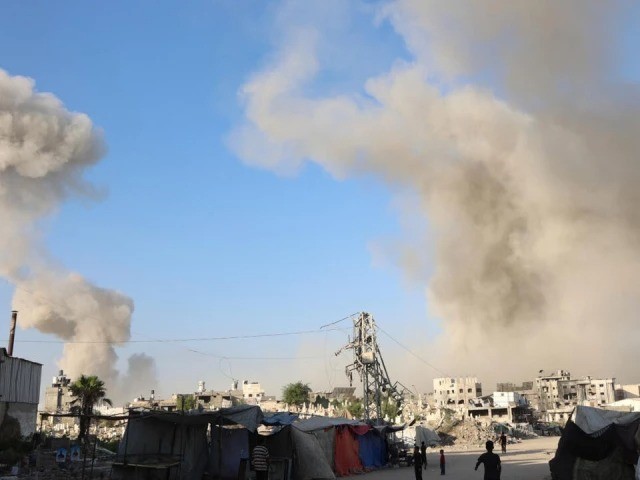As countries begin preparations for Hajj 2026, Saudi Arabia has announced a fresh set of medical guidelines aimed at making the pilgrimage safer and more manageable for the millions who visit the Kingdom each year.
Officials emphasize that these updates should not be viewed as restrictions. Instead, they describe them as part of a broader effort to ensure that every pilgrim can perform Hajj with dignity, proper support, and access to reliable healthcare throughout the journey.
- Prioritizing Pilgrim Well-Being
With intense heat, long walking routes, and densely crowded areas, Hajj can put considerable strain on the body especially for elderly or vulnerable pilgrims. The new measures place strong emphasis on making sure participants are healthy enough to complete the rituals without endangering themselves or others.
- Mandatory Medical Fitness Certificate
Under the revised rules, all pilgrims will be required to obtain a medical fitness certificate before traveling. The checkup will include basic assessments, allowing doctors to identify health issues that could deteriorate during Hajj. Authorities believe this step will reduce avoidable medical emergencies and ensure that travelers are physically ready for the demanding pilgrimage.
- Guidance for High-Risk Individuals
Saudi officials have advised people with severe heart complications, advanced kidney or liver disease, contagious illnesses, or significant mental health challenges to postpone their pilgrimage. They stress that this guidance is not meant as a barrier, but as a precaution—encouraging these individuals to attempt Hajj only when their condition allows them to do so safely.
- Expanded Healthcare Facilities During Hajj
To complement the new rules, the Kingdom is enhancing its on-ground medical network. More mobile clinics, emergency response units, and round-the-clock treatment centers will be stationed across the holy sites, ensuring rapid assistance in case of any health-related issues.
- Toward a Safer and More Organized Hajj
With stronger health checks and improved medical preparations, Saudi Arabia hopes to deliver a smoother and safer pilgrimage experience in 2026. For millions planning their journey, the updated guidelines offer clarity and reassurance that better systems are in place to support them through every step of the sacred ritual.













